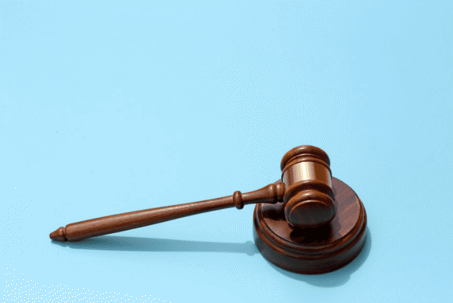Before the health and financial wreckage that was delivered by 2020 and the viral pandemic, the truth is that many, many US citizens were already very worried about their future due to mounting debt. Whether credit card debt, medical debt, or private student loan debt are the problems at hand, these types of financial issues may have already resulted in pending delinquencies, defaults, and looming lawsuits.
Moratoriums on debt collections, evictions, and deferments on some student loan payments have been helpful to millions. As most types of protections like that come to an end though, Americans are piecing their finances back together. The problem is that creditors are pulling themselves back together too, and they are back in business with the calls, the mailings, and even worse—the collection lawsuits.
If you have never been involved in a lawsuit before, opening your door to a deputy or private process server could have been a jarring and disappointing experience. No one likes being served, but it is a necessary legality and also a necessary message to let you know that you are being summoned to court, and most likely you have only 20 to 30 days to respond.
While a large percentage of defendants never respond at all, that is not a route you want to take. The reasons behind ignoring legal action range from simply not knowing what to do to being intimidated by the creditor and the court process to procrastination bolstered by helplessness and even feelings of shame or embarrassment. Unless you are completely judgment proof and there is the very real possibility that you will never again be employed or have anything of value, responding to any lawsuit is imperative.
Speak with an attorney from Fitzgerald & Campbell, APLC as soon as possible to find out what your options are. Now is a great time to negotiate with creditors, but your attorney may also outline a strong legal defense for you. Being proactive means protecting yourself for the future, as well as fending off the potential for wage garnishments, levying of property, and loss of control over your own financial accounts. The problem with a default judgment being granted against you is that the creditor or debt collection agency suddenly has so much more power to aggressively act against you. And not only that, while the default judgment is initially granted for ten years, in California it can be extended for another ten. That’s a lot of years—and a lot of headaches.
Speak with an attorney from Fitzgerald & Campbell, APLC as soon as possible to examine your options. Our attorneys have decades of experience in serving clients as they navigate through challenging financial situations, to include student loan issues, bankruptcy, and other debt management processes. We are here to help! Click here to schedule a free 30-minute consultation, call us at (844) 431-3851, or email us at info@debtorprotectors.com.

